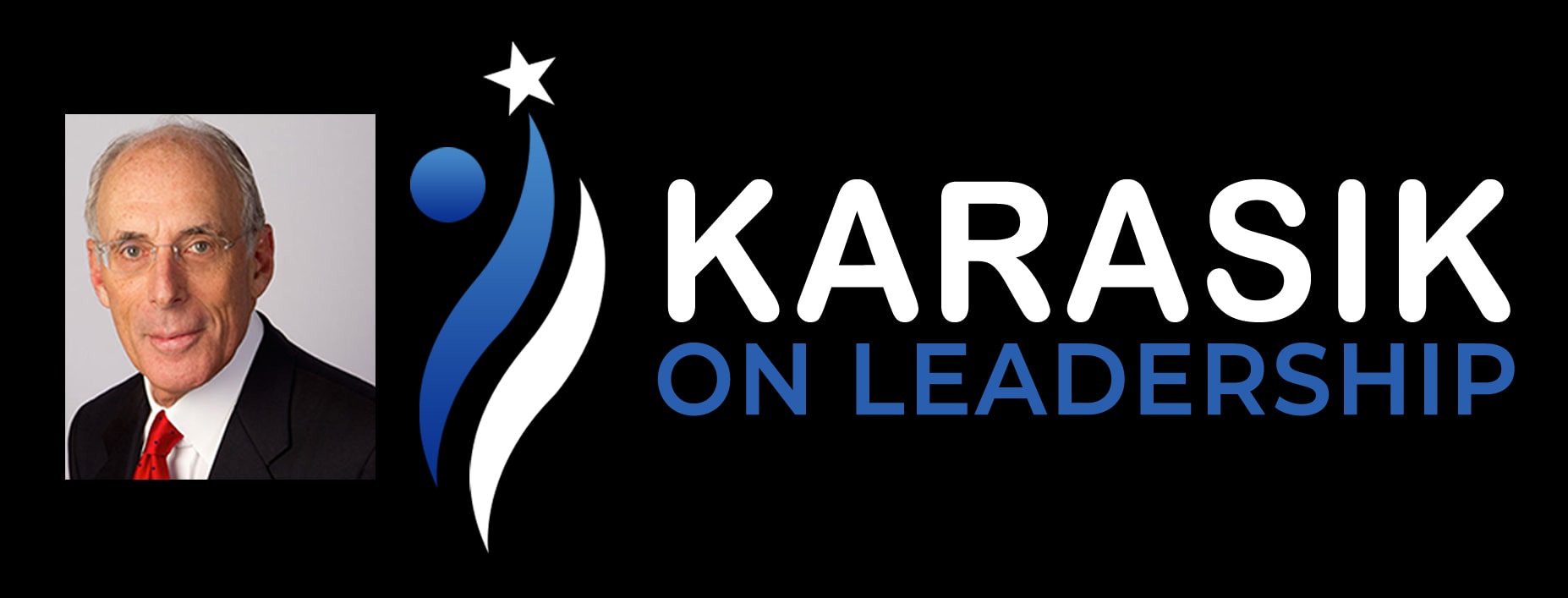One of the challenges to being an effective leader is reconciling the need to be strong, confident, and decisive outwardly while embracing own imperfections and shortcomings. Both qualities are equally essential and critical for enduring leadership success.
First, it’s important to understand leadership is personal, never generic. That is, without a personality infused with passion, leadership in action is nothing more than a series of informative emails, texts, and communication exchanges. Because all personalities are flawed, there are no perfect leaders. However, it’s equally true perfectly imperfect leaders continue to achieve success in all fields of endeavor and set the standard in leadership effectiveness.
The secret to becoming a perfectly imperfect leader is to consider the direction given to the Temple of Apollo at Delphi, Greece. It’s important to remember, at the time in ancient Greece, this Temple, where Oracle resided, was the source of immutable truth and divine advice in worldly matters. Therefore, this sacred sanctuary was regularly visited by the leaders of that time.
The advice the Oracle chose to share for addressing any challenge and succeeding in life, later inscribed above the entrance, was, “Know Thyself.” Of all the philosophical, spiritual, and worldly wisdom that could have been offered, as one entered this divine repository, they were advised these two words. And those words have two specific applications in leadership.
The first is knowing one’s own unique skills and areas of weakness. Understanding your unique skills and what you are genuinely passionate about allows you to spend more time exploring these areas, enjoying what you do, and having more fun. Admitting your weaknesses, on the other hand, will enable you to get out of the way and surround yourself with a world-class team. Steve Jobs said it best, “It doesn’t make any sense to hire smart people and tell them what to do; we hire smart people so they can tell us what to do.” It’s all about creating a world-class team.
Newly promoted leaders often make the mistake of being more concerned about how they “look,” which results from the self-imposed need to prove oneself or appear outwardly in total control. This inability to deal with the truth of imperfection results in a serious reduction of a leader’s effectiveness. They often lead these individuals to make the fatal mistake of hiring less-effective people, so they can appear stronger.
Knowing the leadership areas in which one is less effective is the first step. Accepting imperfections is a more challenging task. Knowing oneself is not complete unless one has mastered acceptance. On a deeper personal level, acceptance also means being at peace and comfortable with your mistakes. In fact, it’s undeniable, the more decisions you make, the more mistakes there will be; it simply comes with the territory.
To be a perfectly imperfect leader, you first must know and accept the reality that mistakes are inevitable and will continue to happen. Knowing and truly accepting this immutable truth will liberate you to explore more and take the risks inherent in manifesting all great leadership visions. Here’s a wonderful story about knowing oneself and about acceptance.
A senior monk and a junior monk were on a traveling journey together. They came to a river with a powerful current. While the two monks were preparing to cross, they met a beautiful young woman who asked them for assistance in helping her to cross the river.
Even though the monks had taken vows not to touch a woman, the older monk picked her up and delicately carried her safely to the other side and continued his journey.
The younger monk was astonished. He was speechless and did not say a word for an hour. Two more hours passed, and the young monk could not hold it anymore. Finally, he exclaimed, “As a monk, we are not permitted to touch a woman. How could you carry that woman on your shoulders?”
The older monk looked at him and replied, “Brother, I set her down on the other side of the river. Why are you still carrying her?”
To learn more about Paul Karasik’s Programs: [email protected] or call: 310-546-9277
To reach Paul directly: [email protected]


